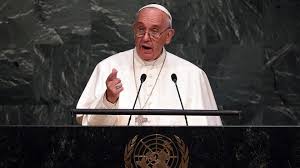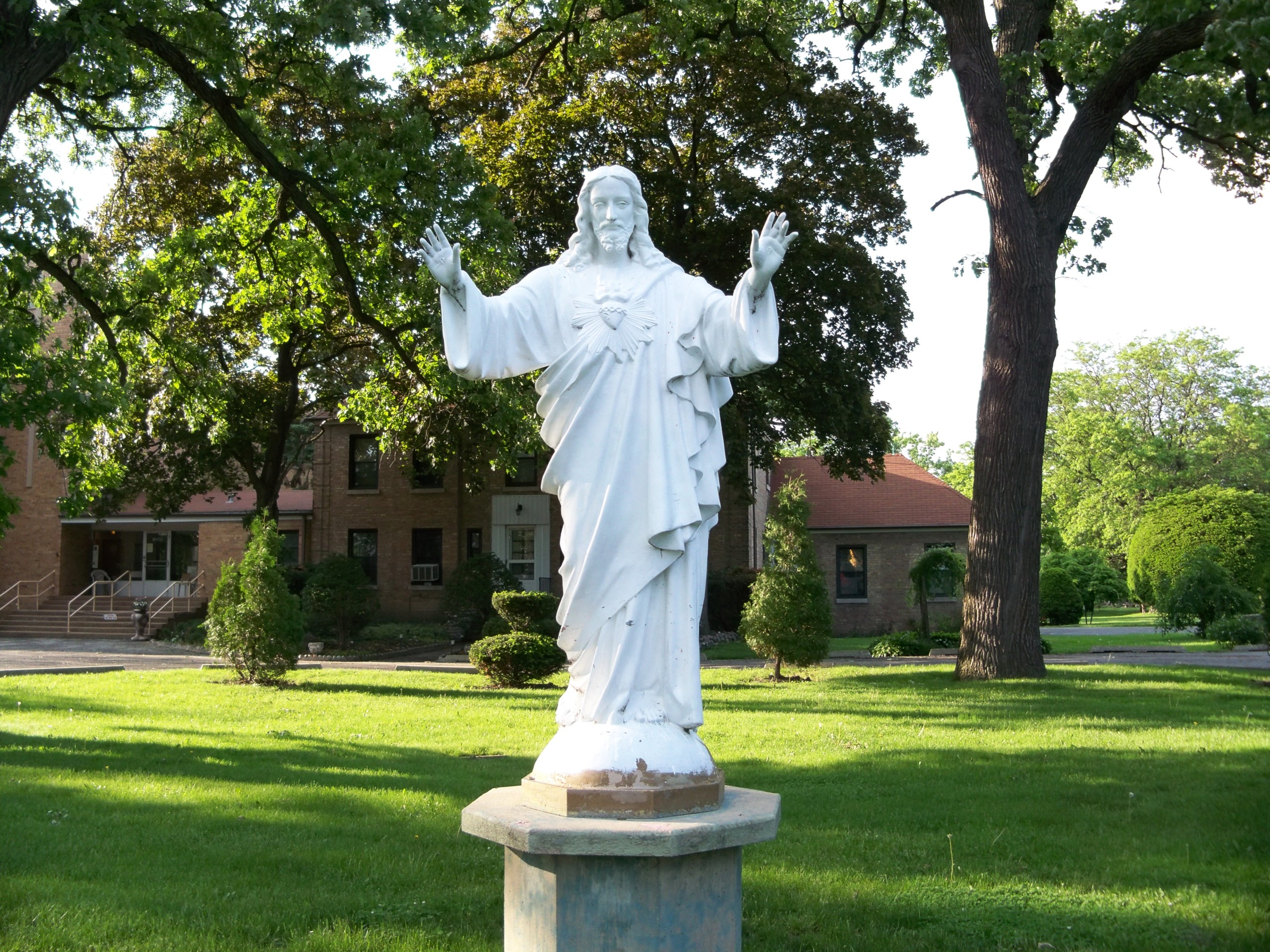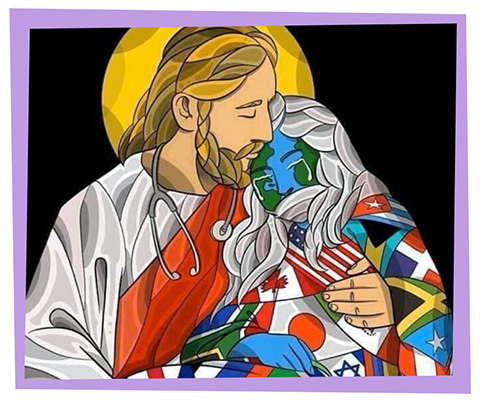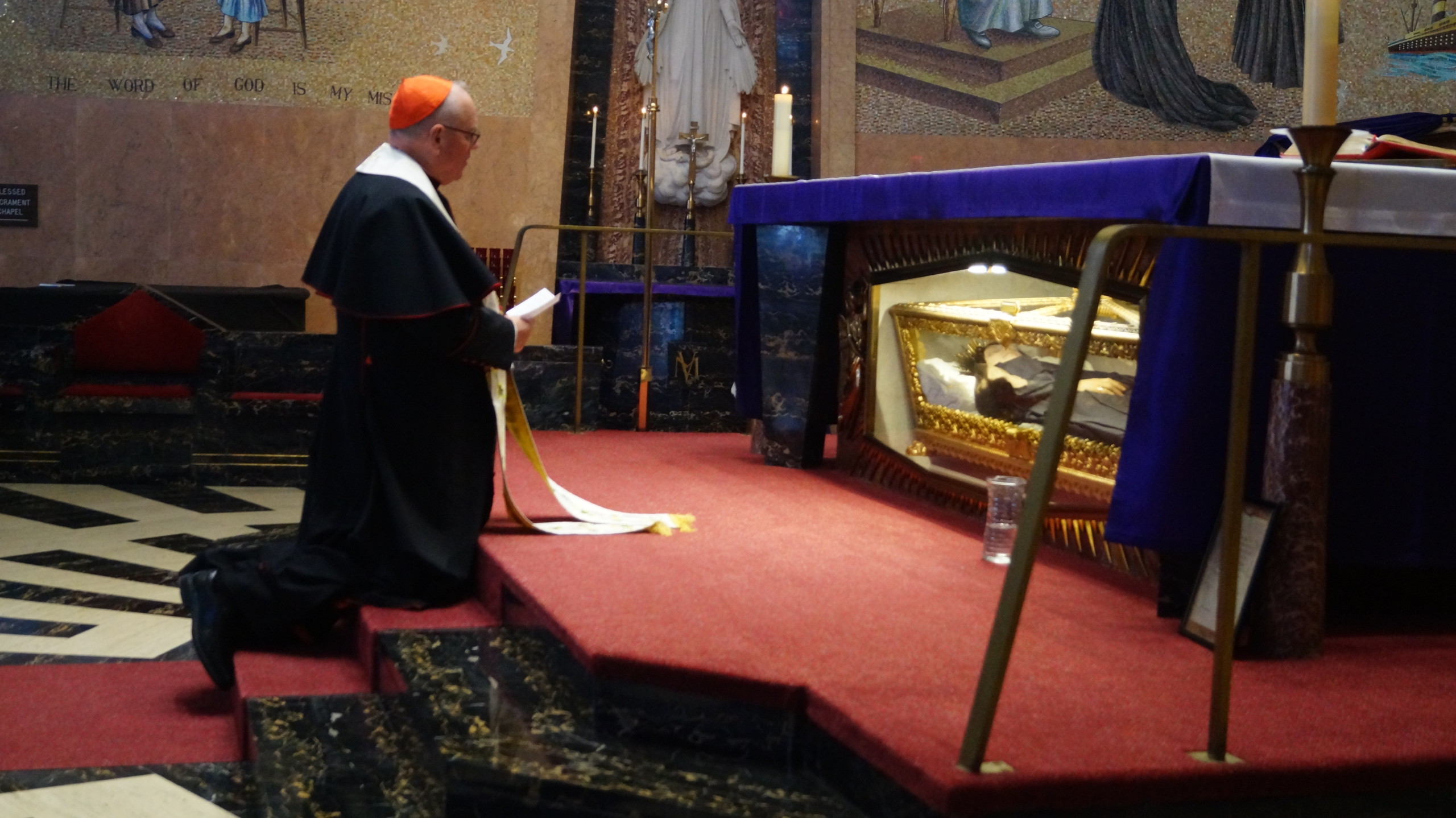~ by Cindy Wooden, Catholic News Service
When he addresses, via video message,  Pope Francis is expected to speak about using the coronavirus crisis as an opportunity to rethink economic, political and environmental policies in a way that will benefit humanity and the earth.
Pope Francis is expected to speak about using the coronavirus crisis as an opportunity to rethink economic, political and environmental policies in a way that will benefit humanity and the earth.
Since COVID-19 was officially recognized as a pandemic in early March, the Pope has been urging individuals, organizations and governments to recognize the inequalities the pandemic has highlighted in economics and access to health care and education, as well as the ways current patterns of production and consumption have damaged the environment.
In an interview published on August 27, Cardinal Pietro Parolin, Vatican Secretary of State, was asked what principles of Catholic Social Teaching could help the global economy recover from the pandemic and its lockdowns.
“COVID-19 not only provoked a health crisis but impacted multiple aspects of human life: the family, politics, labor, businesses, commerce, tourism, etc.,” Parolin said. “The broad and interconnected character of the pandemic constantly reminds us of Pope Francis’ observation that ‘everything is connected.’”
“Today the pandemic is giving a tremendous shock to the entire economic and social system and its supposed certainties at all levels. The problems of unemployment are and will be dramatic; the problem of public health require the revolution of entire health and education systems; and the role of states and relations between nations are changing,” Parolin said.
The church feels called to accompany the complicated journey that lies before us all as a human family. She must do so with humility and wisdom, but also with creativity,” Paolin continued.
Today’s courageous creativity is more urgent than ever so that the dramatic crisis of the pandemic does not end in terrible tragedy, but opens spaces for the human and ecological conversion that humanity needs,” Parolin said. To read the entire article click here
UPDATE: It was announced that Pope Francis will travel to Assisi on October 3 to sign an encyclical on the social, political and economic obligations that flow from a belief that all people are children of God and therefore, brothers and sisters to one another. The encyclical is expected to [focus on] preferential option for the poor, universal destination of goods and the obligation of solidarity.

 in Illinois, Nancy Golen, Director of the Cabrini Retreat Center in Des Plaines, shared that these mandates have, “caused Cabrini to be separated from our ministerial identity as a place of physical sacred space.”
in Illinois, Nancy Golen, Director of the Cabrini Retreat Center in Des Plaines, shared that these mandates have, “caused Cabrini to be separated from our ministerial identity as a place of physical sacred space.” of us have long struggled with what it means to live simply, and we may be forced by realities into deeper examining of simple living and the choices we will need to make,” Sr. Wagner said.
of us have long struggled with what it means to live simply, and we may be forced by realities into deeper examining of simple living and the choices we will need to make,” Sr. Wagner said. In the cold morning air on Saturday, March 21, Cardinal Timothy Dolan hurried into the Chapel at St. Cabrini Shrine in New York City. Leaving his coat on a pew, he picked up a bouquet of white flowers and walked quietly to the main altar. After kneeling silently, the Cardinal read a prayer to Mother Cabrini on behalf of all who are affected in any way by the virus outbreak. Then he was off again to his next stop.
In the cold morning air on Saturday, March 21, Cardinal Timothy Dolan hurried into the Chapel at St. Cabrini Shrine in New York City. Leaving his coat on a pew, he picked up a bouquet of white flowers and walked quietly to the main altar. After kneeling silently, the Cardinal read a prayer to Mother Cabrini on behalf of all who are affected in any way by the virus outbreak. Then he was off again to his next stop.